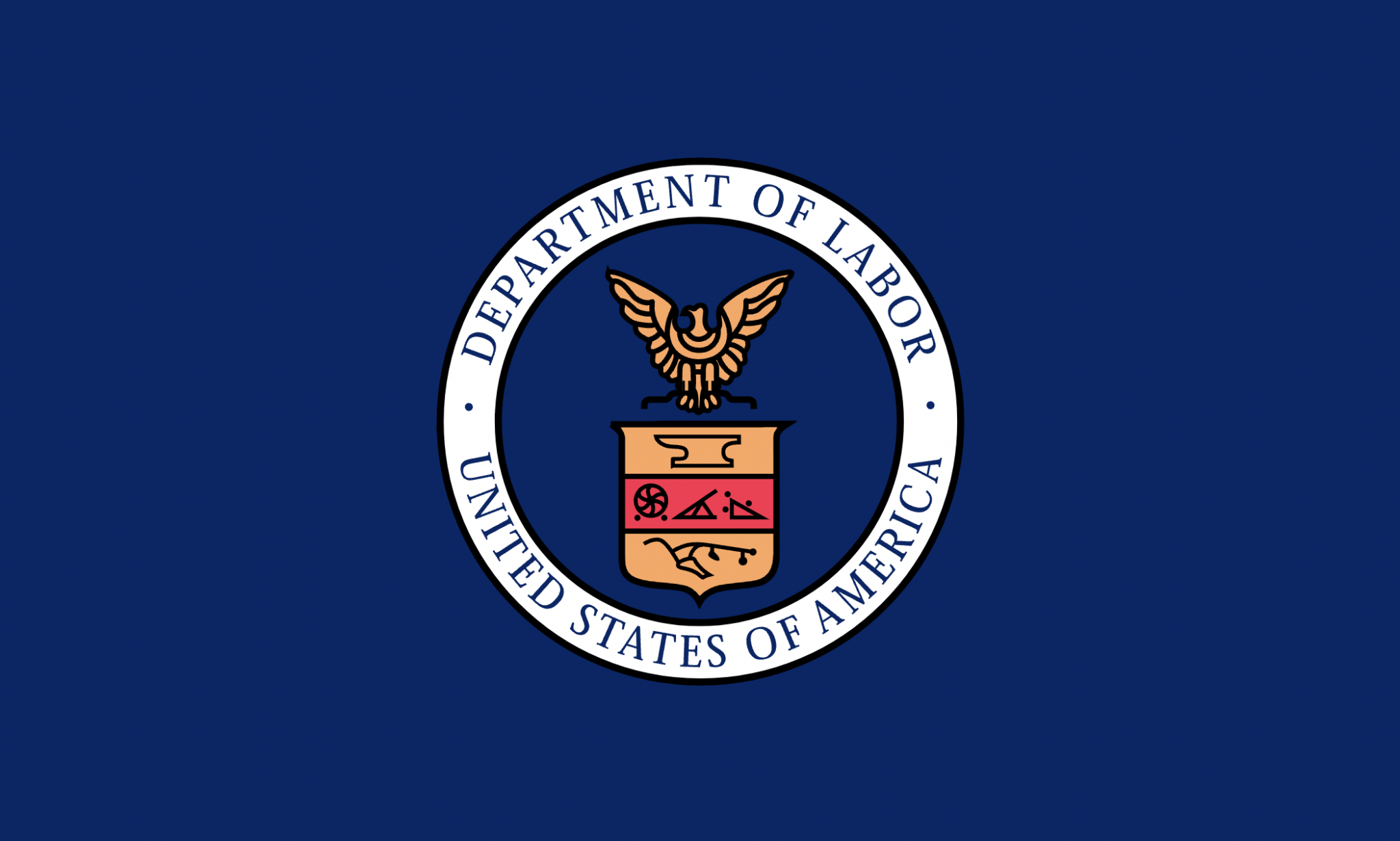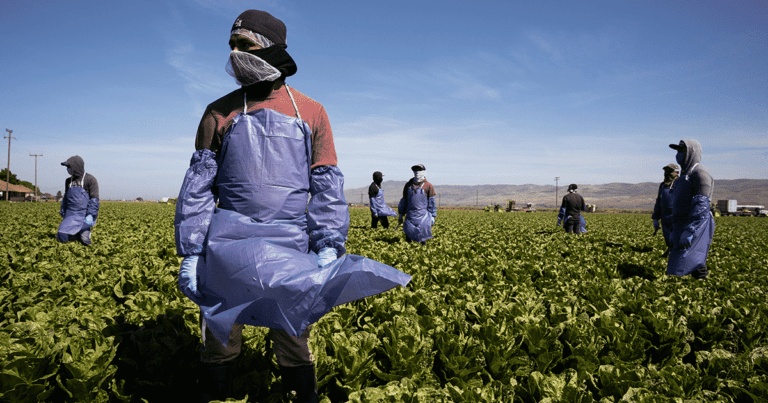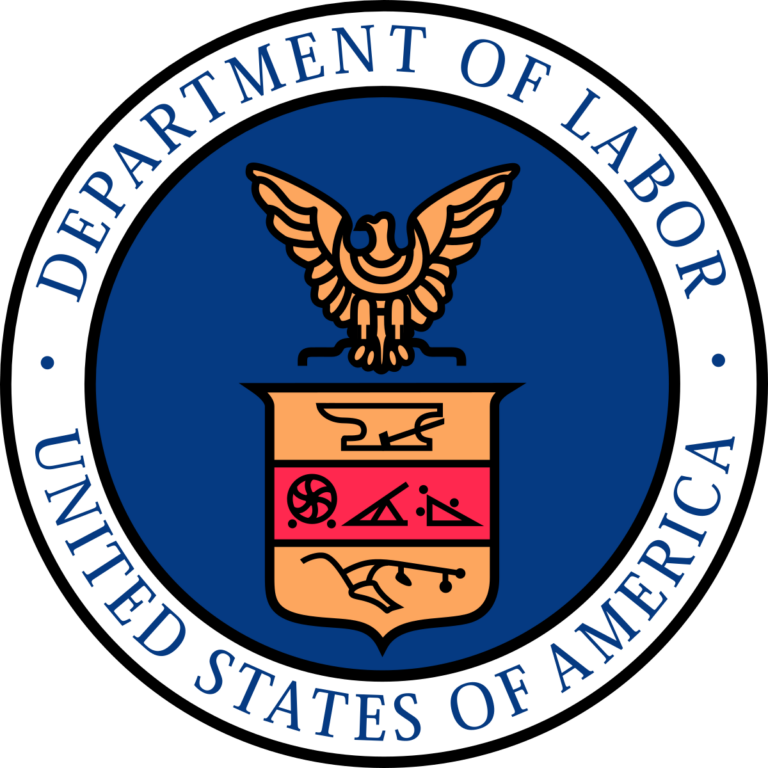
John Fry is a student at Harvard Law School.
Last Tuesday, the Department of Labor released a final rule governing which workers are classified as employees under the Fair Labor Standards Act, aiming to make more workers eligible for minimum wage and overtime protections. The rule, which could apply to many workers currently classified as independent contractors, is the latest salvo in a set of classification battles that industry groups and worker advocates are fighting at the state level and before federal agencies like the DOL and the National Labor Relations Board. The U.S. Chamber of Commerce has threatened to challenge the rule, which is slated to take effect in March.
The new rule overturns a Trump administration rule from 2021 which made a worker’s control over their own work and opportunity for profit or loss the “core factors” in the classification inquiry. As Sunah explained last week, the new rule reinstates a six-factor test that does not distinguish between core and non-core factors, but instead balances all circumstances relevant to a worker’s “economic reality.” The six factors are (1) opportunity for profit or loss depending on managerial skill; (2) investments by the worker and the potential employer; (3) degree of permanence of the work relationship; (4) nature and degree of control; (5) extent to which the work performed is an integral part of the potential employer’s business; and (6) skill and initiative. The DOL argues that these factors are consistent with decades of judicial precedent following the passage of the FLSA.
The impact the new rule will have is not yet clear, even assuming it survives the inevitable legal challenges from employers. The new test is similar to that used before 2021, and some commentators believe that courts deciding classification questions care more about case law than about regulations in any event. While the trucking industry has decried the new rule, Uber and other gig companies are projecting confidence, saying they don’t expect their workers to be deemed employees. Notably, the new rule is not as broad as the “ABC” test adopted in California, which very likely would have deemed gig workers employees were it not for the passage of Proposition 22 in 2020.
Even as the DOL struggles with staffing shortages and Secretary Julie Su remains unconfirmed by the Senate, the issuance of this rule signals that the agency is focused on classification, an issue that has attracted enormous attention in recent years. Data suggests that misclassification can cost workers thousands per year in lost wages and benefits, and the rise of the gig economy has led to many legal battles over the issue. Much like the NLRB’s Atlanta Opera decision last year, the DOL’s new rule shows that the Biden administration intends to repeal Trump-era standards and provide employment protections to more workers.










Daily News & Commentary
Start your day with our roundup of the latest labor developments. See all
December 22
Worker-friendly legislation enacted in New York; UW Professor wins free speech case; Trucking company ordered to pay $23 million to Teamsters.
December 21
Argentine unions march against labor law reform; WNBA players vote to authorize a strike; and the NLRB prepares to clear its backlog.
December 19
Labor law professors file an amici curiae and the NLRB regains quorum.
December 18
New Jersey adopts disparate impact rules; Teamsters oppose railroad merger; court pauses more shutdown layoffs.
December 17
The TSA suspends a labor union representing 47,000 officers for a second time; the Trump administration seeks to recruit over 1,000 artificial intelligence experts to the federal workforce; and the New York Times reports on the tumultuous changes that U.S. labor relations has seen over the past year.
December 16
Second Circuit affirms dismissal of former collegiate athletes’ antitrust suit; UPS will invest $120 million in truck-unloading robots; Sharon Block argues there are reasons for optimism about labor’s future.